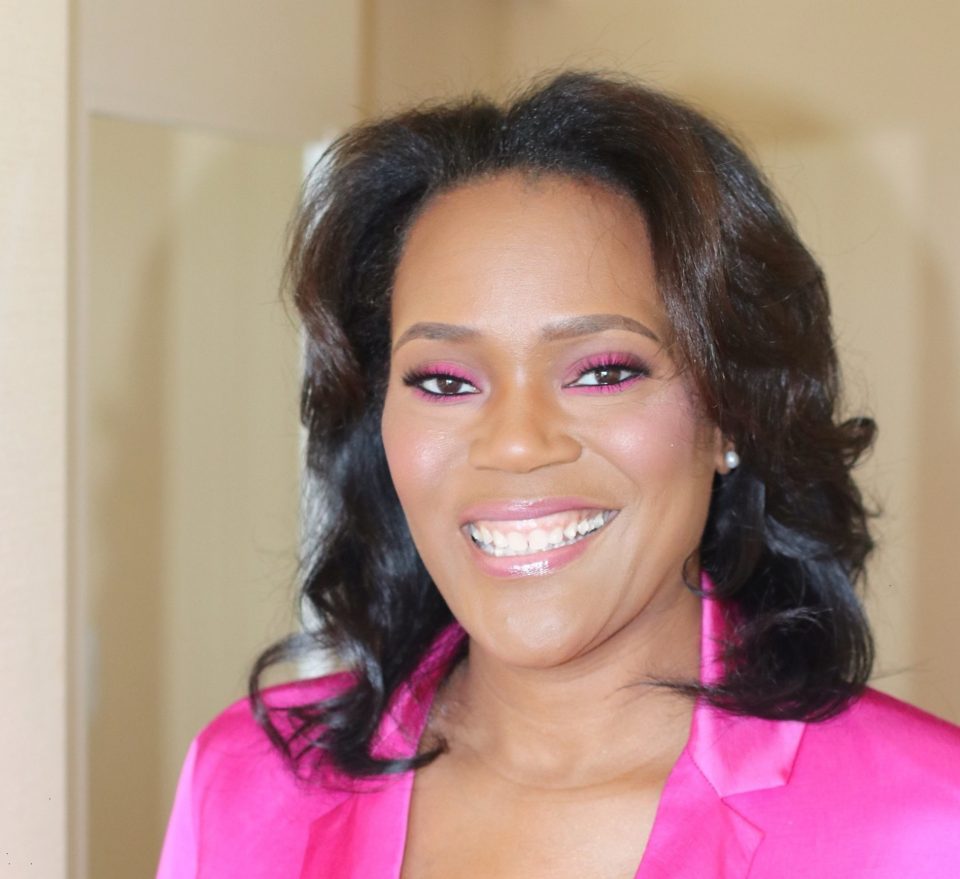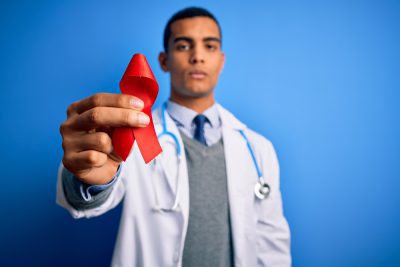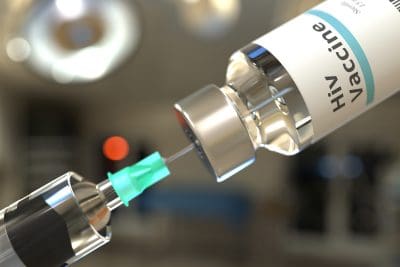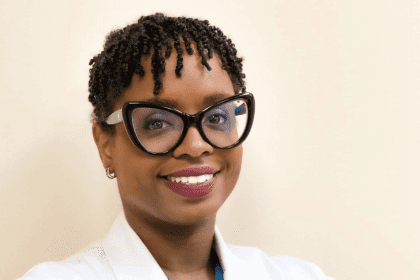
Battling on the front lines against the growing HIV and AIDS epidemic has been extra challenging in this precarious era due to palpable apathy and America’s diverted attention to other catastrophes currently raging.
The surging HIV and AIDS rates in the South have been completely eclipsed by the pandemic and the assortment of ills that have been birthed from it or exacerbated, including joblessness, mass company and school closings, food insecurities, mushrooming mental illness cases and an escalation of racial animus.
Dr. Shanell McGoy, director of public affairs and corporate giving at Gilead Sciences, Inc., informs us that more than half of all new HIV diagnoses in the United States live in the South as well as half of those who have been living with HIV and AIDS.
McGoy is leading the company’s COMPASS Initiative, a 10-year, $100 million campaign to eradicate HIV and AIDS in the South by combating indifference, shattering insidious stigmas about the virus and educating the public on a very real public health problem that refuses to die. Launched in 2017, COMPASS (an acronym meaning Commitment to Partnership in Addressing HIV/AIDS in Southern States) is also working to provide easier access to healthcare and improving its quality.
According to AIDSVu.org, in the South, there are approximately 433,000 people who are currently living with HIV. Despite the region only accounting for 38 percent of the country’s population, the area makes up 52 percent of new HIV diagnoses nationally. Furthermore, AIDS-related deaths in the South represent 49 percent of the country. Black women account for 67 percent of all women with diagnosed HIV in the Southern United States.
“We’re looking to create a lasting impact to get rid of HIV in the South,” McGoy said on the rolling out ‘AM Wake Up Call’ show. “And the reason why we’re addressing AIDS is because of the statistics that we see.”
McGoy says the Gilead COMPASS Initiative has three areas of focus solutions for the HIV/AIDS in the South: “Capacity Building and Shared Knowledge; Well-being, Mental Health and Trauma-informed Care; and Awareness, Education, and Anti-Stigma Campaigns,” she said.
McGoy also strenuously reiterated the need to desist in “stigmatizing people who are gay, people who are of the trans experience and bisexual, and really embrace them in our community,” she said. “Stigma isolates and puts people at risk for acquiring HIV.”
Urbanites began paying sharp attention to HIV and AIDS once Magic Johnson acquired it in the early 90s. Since then, however, technology and medical breakthroughs have enabled people to live longer.
“So we’re really looking to end HIV in the South. And once we do that, I think we can wipe out HIV in this country,” McGoy said.















